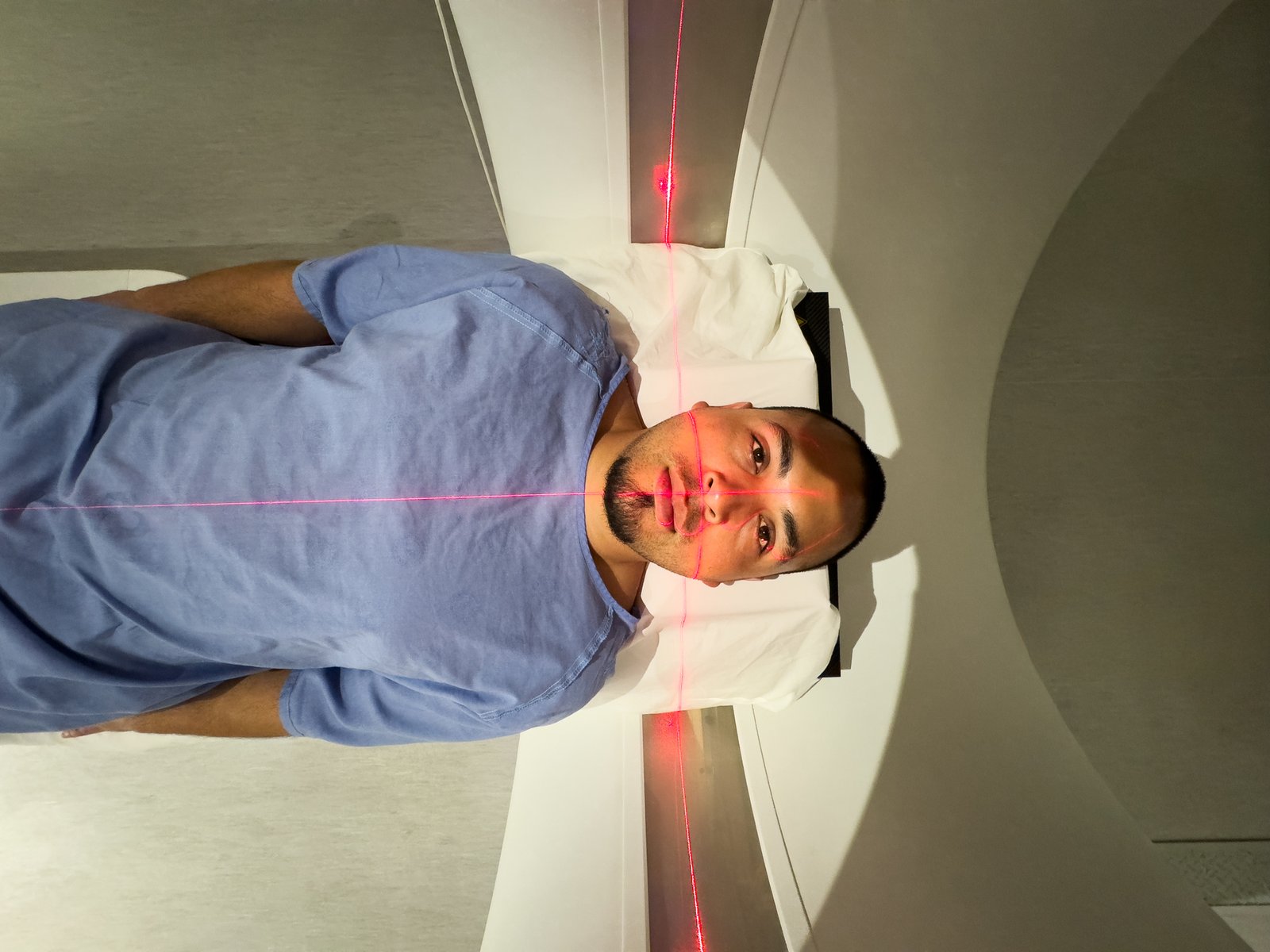The Danish government and Danish Regions have launched a new strategy for personalised medicine, focusing on patient involvement and the ethical use of individuals’ health data – it’s designed to boost innovation and improve therapies.
Denmark is investing more in personalised medicine with medical models that tailor disease prevention and treatment to the individual, to achieve the most effective therapy. It could involve advanced therapy medicinal products (ATMPs), which are based on human cells, tissues or genes, for example.
The new strategy for personalised medicine, published on Sunday, 31 August, by the Ministry of the Interior and Health, is based on 13 initiatives. €11.7 million of state funding has been allocated for 2025 to 2027.
“This amount of funding is limited and could, of course, not solely drive the whole strategy, or the future of personalised medicine in Denmark. But, we are very happy since it gives a clear direction for the future,” Morten Freil, CEO of the umbrella organisation Danish Patients, representing 900,000 patients, told Euractiv.
Steady commitment
This is Denmark’s third strategy on personalised medicine, building on the first for 2016-2020 and the second for 2021-2022. Both had a large focus on genome analysis.
The Danish National Genome Centre in Copenhagen is a clear example of progress; it’s where studies of patients’ entire DNA are conducted. It was established in 2019 with funding from the Novo Nordisk Foundation, and the centre has since become a government agency.
However, these former strategies did not focus heavily on involving patients, Freil revealed.
“The new one is the first and the most ambitious strategy involving patients in questions as to what kind of treatment I should choose, and whether I would like to know of my risks of developing other diseases.”
According to the Danish government, the framework aims to ensure that “the wishes, values and life situation of each individual patient are taken into account,” and to support that health data and AI will be used to an even greater extent when tailoring treatments.
National Centre for User Collaboration
“If we lose the trust of patients, they won’t want to share their data, and we won’t be able to innovate by using health data and AI to develop better treatments,” said Morten Freil.
He added, “There is generally high trust in healthcare in the Danish population. However, some patients are still concerned about how their data will be used, which is why Danish Patients are now setting up a National Centre for User Collaboration as part of the strategy.”
“The first thing it will do is invite patients, specialists, scholars, and public and private actors to contribute to the development of an ethical code of conduct for the use of health data and AI in personalised medicine,” he told Euractiv.
Morten Freil also believes that this new strategy could serve as a modern role model for the rest of Europe.
Industry support
Also, Sofie Jensen, CEO of LIF, the Danish trade association for the research-based pharmaceutical industry, welcomes the personalised medicine strategy.
Jensen emphasises the importance of ensuring that all ATMPs meet the same quality and safety requirements and regulations, regardless of whether they are developed by the public or private sector.
“This is crucial for companies considering investing in a country like Denmark. And it is absolutely essential for patients to always be confident that the treatment they receive is of the necessary quality and safety,” she told Euractiv.
Pricing, overuse, and a national database
As in other European countries, drug pricing is a much-discussed topic in Denmark. An ATMP could be expensive, meaning the strategy will also examine pricing and business models, said Morten Freil.
Other goals in the Danish new strategy include reducing the overuse of medicines and side effects to improve patients’ well-being.
A national database storing genome variants will also be created.
“It makes it easier for clinicians to get an overview of which genetic variants may be causing disease. This means that more people can get the right help faster, while avoiding unnecessary or ineffective treatments, Anders Kühnau, Chairman of Danish Regions, commented.
The strategy will boost the use of Denmark’s biobanks, according to the Danish infection control agency, Statens Serum Institut (SSI).
Funds have also been allocated to enable the SSI to develop IT-solutions that will allow citizens to log on to the sundhed.dk website and view details of the samples stored in Danish biobanks in which they are involved.
(VA, BM)





